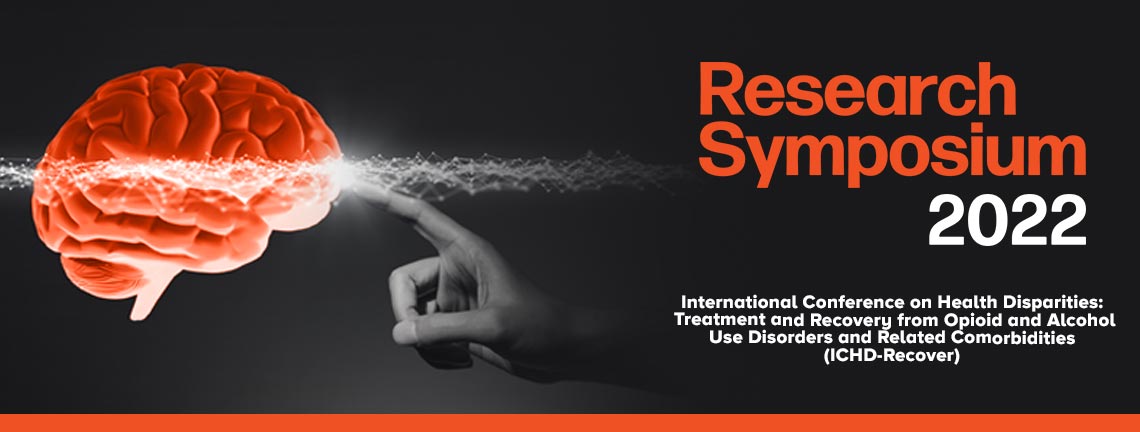
Talks
Presentation Type
Oral Presentation
Discipline Track
Patient Care
Abstract Type
Case Report
Abstract
Introduction: Alcohol can directly affect the brain via neuroinflammation or alter the gut microbiome which concomitantly results in hepatic encephalopathy. Hepatic encephalopathy can cause altered mental status from liver dysfunction with or without portal-systemic blood shunting. Chronic alcohol use has been associated with dementia, cirrhosis, and hepatic encephalopathy. This case report highlights the prognosis of hepatic encephalopathy in the setting of decompensated liver cirrhosis complicated by acute alcohol intoxication.
Case report: A 35-year-old Hispanic man with history of alcohol use disorder, decompensated alcoholic liver cirrhosis with ascites, severe anemia secondary to upper GI bleeding with underlying esophageal varices who was accompanied to the ED via EMS after being found obtunded and nonresponsive on the floor. Upon arrival to ED, ethanol level was 178. The patient was intubated for airway protection due to two episodes of large volume hematemesis. Two units of PRBCs were ordered and an upper EGD showed two nonbleeding varices which were banded; however, the source of bleeding was not confirmed or arrested. The patient’s ICU course included eleven units of PRBCs, two units of cryoprecipitate and ten units of fresh frozen plasma. Despite emergent dialysis and intensive care interventions, the patient has not been able to be extubated despite being off sedation and paralytics.
Conclusion: Alcohol can directly affect the brain via neuroinflammation or alter the gut microbiome which concomitantly results in hepatic encephalopathy. In patients with acute alcohol intoxication, prompt assessment of ammonia levels and gastroenterology recommendations are warranted to improve patient outcome.
Recommended Citation
Ekeledo, Baron S.; Burka, Semenawit; Patel, Shreel; and Pean, Joseph, "Hepatic encephalopathy complicated by decompensated alcoholic liver cirrhosis in a Hispanic male" (2023). Research Symposium. 2.
https://scholarworks.utrgv.edu/somrs/2022/talks/2
Included in
Hepatic encephalopathy complicated by decompensated alcoholic liver cirrhosis in a Hispanic male
Introduction: Alcohol can directly affect the brain via neuroinflammation or alter the gut microbiome which concomitantly results in hepatic encephalopathy. Hepatic encephalopathy can cause altered mental status from liver dysfunction with or without portal-systemic blood shunting. Chronic alcohol use has been associated with dementia, cirrhosis, and hepatic encephalopathy. This case report highlights the prognosis of hepatic encephalopathy in the setting of decompensated liver cirrhosis complicated by acute alcohol intoxication.
Case report: A 35-year-old Hispanic man with history of alcohol use disorder, decompensated alcoholic liver cirrhosis with ascites, severe anemia secondary to upper GI bleeding with underlying esophageal varices who was accompanied to the ED via EMS after being found obtunded and nonresponsive on the floor. Upon arrival to ED, ethanol level was 178. The patient was intubated for airway protection due to two episodes of large volume hematemesis. Two units of PRBCs were ordered and an upper EGD showed two nonbleeding varices which were banded; however, the source of bleeding was not confirmed or arrested. The patient’s ICU course included eleven units of PRBCs, two units of cryoprecipitate and ten units of fresh frozen plasma. Despite emergent dialysis and intensive care interventions, the patient has not been able to be extubated despite being off sedation and paralytics.
Conclusion: Alcohol can directly affect the brain via neuroinflammation or alter the gut microbiome which concomitantly results in hepatic encephalopathy. In patients with acute alcohol intoxication, prompt assessment of ammonia levels and gastroenterology recommendations are warranted to improve patient outcome.

